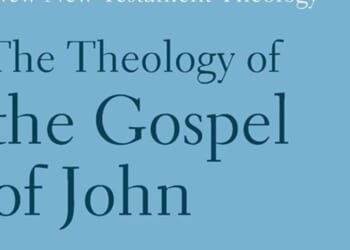
The Evangelical humanitarian organization World Vision was within its rights to withdraw a customer service job offer from a woman in a lesbian marriage expecting a baby, a federal appeals court has ruled.
In a ruling last Tuesday, the 9th U.S. Circuit Court of Appeals overturned a lower court ruling that found World Vision discriminated against an applicant based on her sex, sexual orientation and marital status under Title VII of the Civil Rights Act of 1964 and the Washington Law Against Discrimination.
In World Vision, Inc. v. McMahon, the three-judge panel concluded that customer service representatives perform “vital religious duties” at the core of the group’s mission. The decision found that the position qualified for a ministerial exception to employment discrimination laws.
World Vision’s “core mission” is to bear witness to Jesus Christ through acts of service, including support for children, people affected by conflict, and the poor, by partnering with churches, donors and others through prayer and ministry, the court said.
Circuit Judge Richard Tallman wrote in the majority opinion that the ministerial exception applies to such roles because they are the organization’s “voice, face, and heart.”
Aubry McMahon sued World Vision in 2021 after the group rescinded her offer for a remote donor and customer service representative trainee position.
McMahon alleged discrimination under federal and state law after she disclosed she was married to a woman while asking about maternity leave, stating she was pregnant.
During the interview process, McMahon said she was “aligned” with World Vision’s standards of conduct, which require sexual activity to be within a marriage between a man and a woman.
She had not initially disclosed her marriage to a woman. The next day after receiving the offer, she emailed the organization to ask if she would qualify for leave, writing, “My wife and I are expecting our first baby in March. … I will be the one having the baby so I just wanted to check to see if any time would be allowed off.”
World Vision argued that its customer service representatives are responsible for conveying the organization’s message to donors, praying with them and encouraging them to participate in its religious mission through contributions.
The 9th Circuit agreed, stating these activities are “vital religious duties” that warrant the ministerial exception.
A district court initially granted summary judgment for World Vision based on the church autonomy doctrine but reversed itself after McMahon moved for reconsideration, finding that World Vision had acted under a “facially discriminatory hiring policy.”
The 9th Circuit ruled the lower court “erred” by viewing the job in the abstract rather than within the context of the organization’s mission.
The appeals court cited Supreme Court precedents, including Our Lady of Guadalupe School v. Morrissey-Berru in 2020 and Hosanna-Tabor Evangelical Lutheran Church and School v. Equal Employment Opportunity Commission in 2012, which affirmed ministerial exceptions for roles tied to a religious mission.
Tallman wrote that job duties must be assessed alongside the religious organization’s mission.
The case drew support for World Vision from several organizations and officials.
The Southern Baptist Ethics & Religious Liberty Commission, Cedarville University, the Billy Graham Evangelistic Association, Samaritan’s Purse and Focus on the Family were among those filing amicus briefs.
Attorneys general from multiple states also backed the group.
Miles Mullin, acting president and chief of staff of the ERLC, told Baptist Press that religious organizations must be able to hire people who share their doctrinal commitments, “including how their faith is practiced.”
Liberty Counsel founder and chairman Mat Staver said the ministerial exception makes it so “employees cannot demand that faith-based employers abandon their religious beliefs.”

















